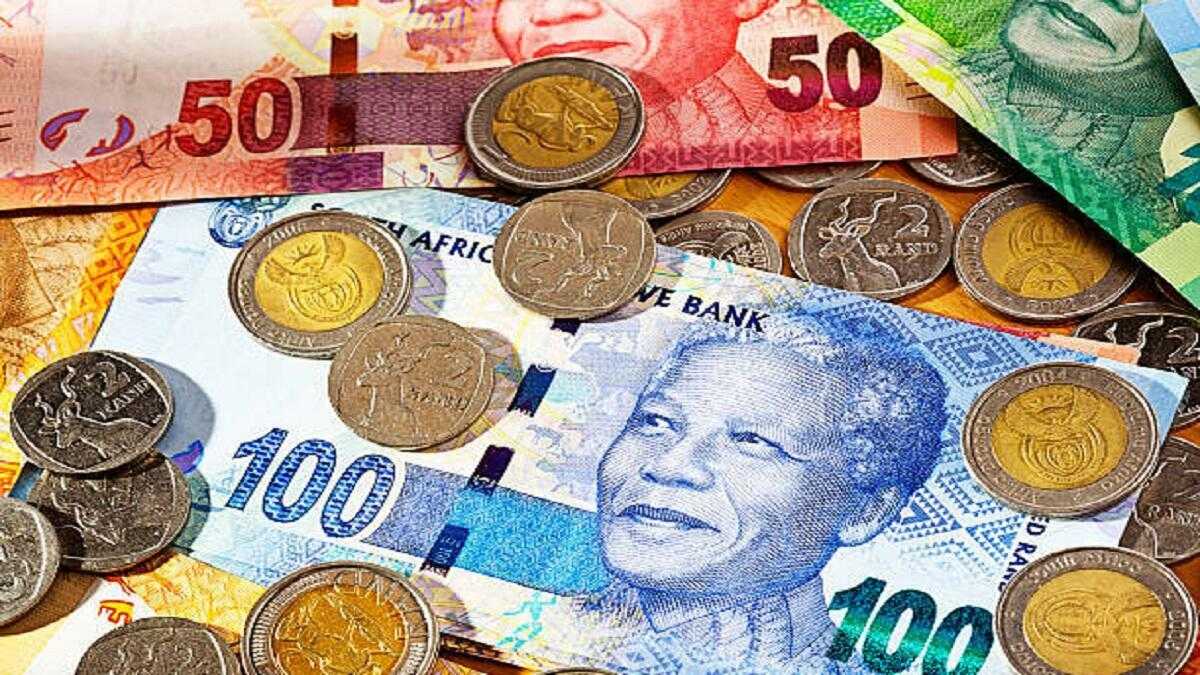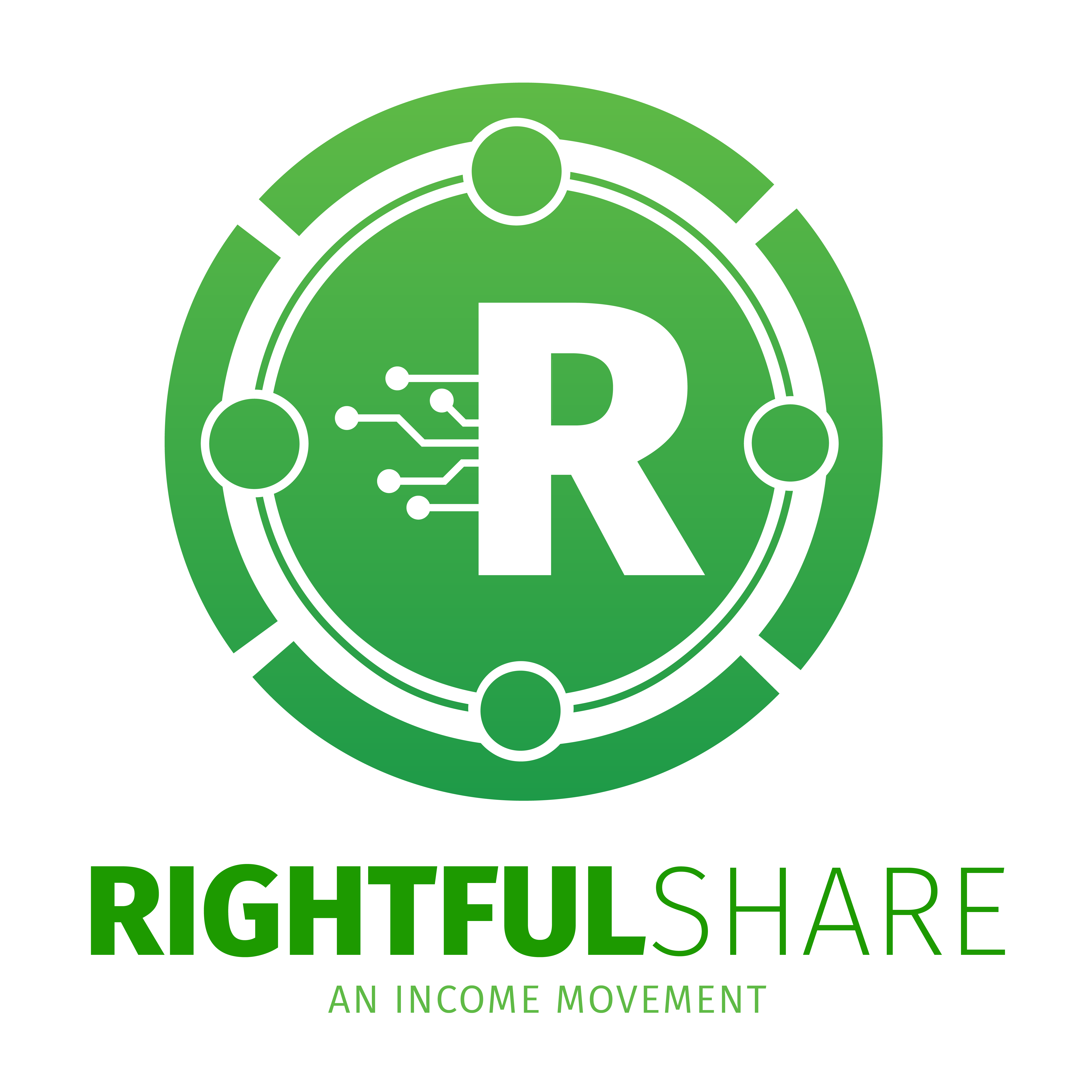
Opinion: I dont want to be a party pooper
A targeted, means-tested, poverty alleviation grant with a low financial value is the very essence of what a Basic Income Grant is not. Financed through workers’ pockets in the form of increased taxes or cuts to service delivery budgets, its introduction will be socio-economic suicide for the country. While understandable, uncritical support of this initiative is dangerous and politically naïve. What we need now is new caring, competent leadership and bold new socio-economic policy, not crumbs from what, in my view, can best be described as a malevolent cabal. Basic income as part of a package of policies can be a game changer for South Africa – but then we have to go about it in the right way.
Definition is important. It matters because without it we cannot have a debate that is useful or productive.
According to the Basic Income Earth Network (BIEN), a Basic income can be defined as a periodic cash payment delivered to all on an individual basis, without a means test or work requirement (BIEN General Assembly in Seoul, South Korea, 2016).
That is, basic income has the following five characteristics:
- Periodic: It is paid at regular intervals (for example, every month), not as a once-off grant.
- Cash payment: It is paid in an appropriate medium of exchange, allowing those who receive it to decide what they spend it on. Therefore, it is not paid either in kind (such as food or services) or in vouchers dedicated to a specific use.
- Individual: It is paid on an individual basis and not, for instance, to households.
- Universal: It is paid to all, without a means test.
- Unconditional: It is paid without a requirement to work or to demonstrate willingness to work (BIEN).
The proposed amendments to the regulations on the Social Relief of Distress grant includes a low means-test income threshold to pay a ‘token’ grant that is not aligned to any objective measure. In addition, the highly problematic application and verification processes, that includes bank, UIF and SARS checks, have to be repeated every three months. And, to top it all off, the regulations include a work conditionality clause.
Such payment is neither universal nor unconditional. They do not constitute a Basic income
Noble as the aim may be, basic income is also about much more than poverty alleviation. Its introduction is supposed to act as an economic stimulus and to facilitate inclusive growth.
An appropriate basic income scheme that meets the above criteria should set the financial value at the Upper-Bound Poverty Line. This line is an objective measure that limits the state’s discretionary power, and it is high enough to allow people to spend on more than food – creating demand for local goods and services. The grant should be rolled out according to age categories to avoid market inefficiencies and poverty traps created by targeting and means-testing. It should be financed by changing the distribution of current BEE expenditure by allowing big companies (exclude SMMEs) the option of instead transferring money to a fund that can directly distribute cash to beneficiaries, so that the companies can be 100% compliant. Such a scorecard model meets the criteria of certainty, clarity and simplicity, all of which investors like, and is far more efficient and effective given the current circumstances. In this way, a basic income is financed through breaking the monopoly and recycling the ‘rents’ currently taken by the small group of corrupt political and business elite – under the auspices of Black Economic Empowerment (BEE).
Karen Jooste
Founder RightfulShare An Income Movement
